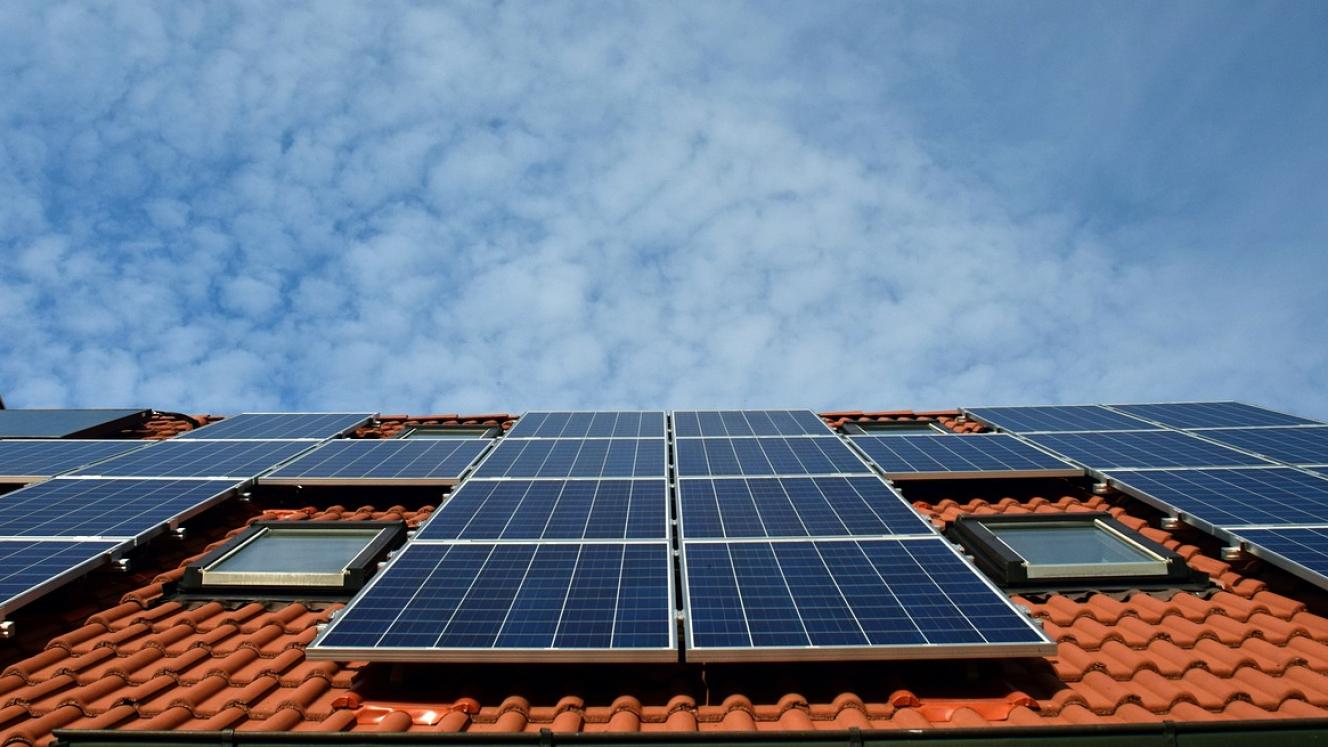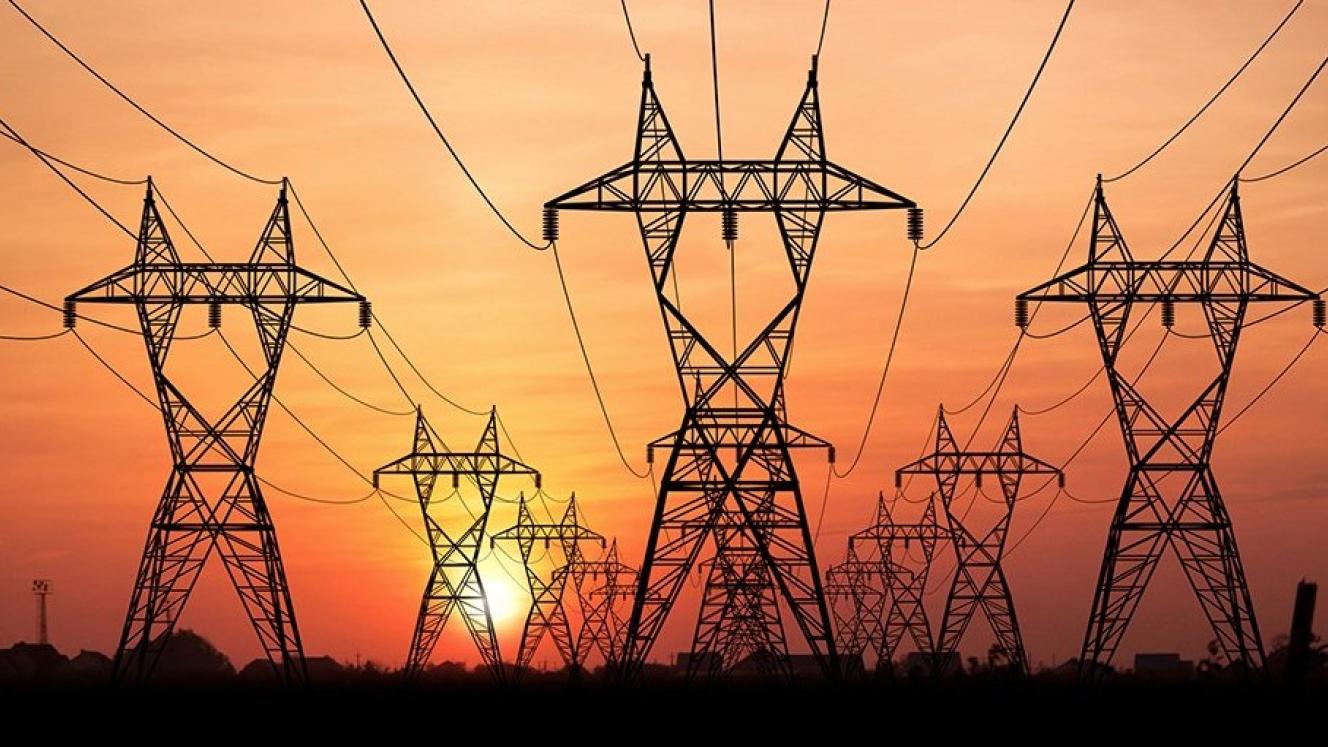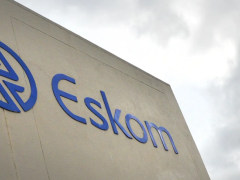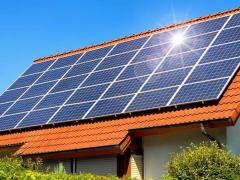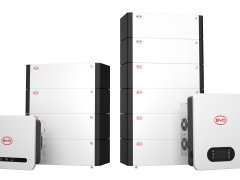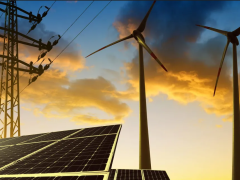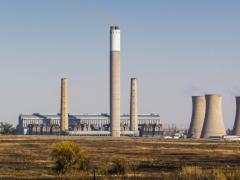The Expiry of the enhanced renewable energy incentive for businesses (EREIB) on February 28 is unlikely to dampen growing investment in renewable energy, particularly in solar photovoltaic (PV) systems.
Introduced in 2023, amid South Africa’s deepening energy crisis, the incentive allowed for deduction of 125% of the cost incurred to acquire qualifying assets used in electricity generation (including supporting structures) against the taxable income of a business. This provision supplemented the Income Tax Act’s Section 12B incentive allowing a 100% tax deduction for renewable energy assets used to generate electricity.
Industry experts do not expect expiry of the incentive to deter investments in renewable energy. “While the EREIB has been a valuable addition, investing in the implementation of renewable energy projects in South Africa still offers a strategic advantage to local businesses,” says Jack Radmore, GreenCape’s Energy Programme Manager.
He says the energy crisis in South Africa, which peaked in 2024, was a major catalyst for the renewable energy sector. However, factors such as price predictability, improved power quality and emerging carbon regulations – locally and globally – have enabled the market to sustain strong growth. “Businesses are increasingly adopting renewable energy to lock in stable electricity costs and mitigate Eskom’s double-digit price hikes, improve supply reliability and comply with carbon regulations. These drivers have made renewable energy a key enabler for businesses navigating energy challenges.”
Andrew Dickson, Engineering Executive at CBi-Electric: Low Voltage, echoed these sentiments in a recent opinion piece. “Businesses cannot afford to overlook solar energy's benefits, especially given the potential 36,15% increase in electricity costs.” He said additional factors likely to drive solar adoption in 2025 include unreliability of ageing electricity infrastructure and oversupply of solar technology in South Africa, which is driving down the prices of solar PV.
Eskom’s proposed multi-year price determination, currently under review by the National Energy Regulator of South Africa (NERSA), could lead to average price increases for direct customers of
- 36,15% from April 1, 2025-March 31, 2026.
- 11,81% from April 1, 2026-March 31, 2027.
- 9,10% from April 1, 2027-March 31, 2028.
Eskom has applied for revenues of R446 billion for the 2026 financial year, R495 billion for FY2027 and R537 billion for FY2028. NERSA is expected to announce its decision on Eskom’s tariff hikes at the end of this month.
